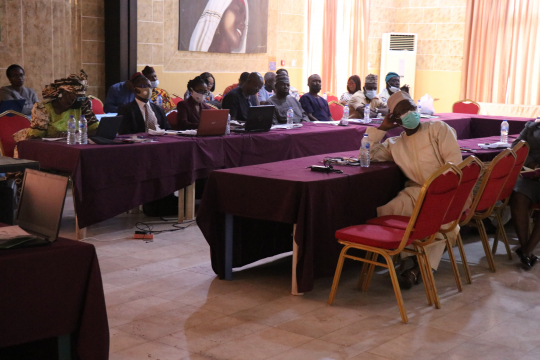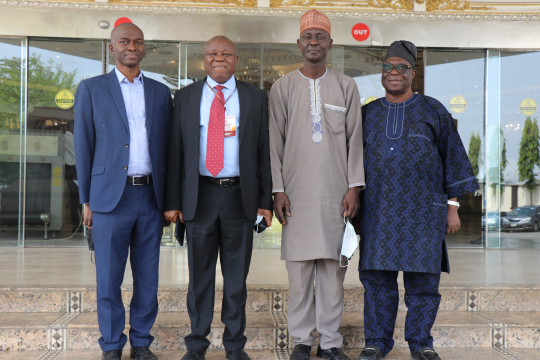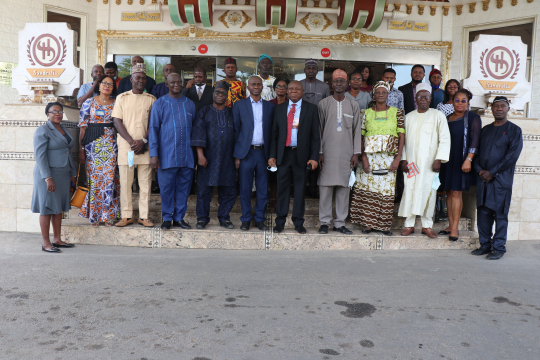Stakeholders, including fishermen, fish farmers, researchers and regulators from government agencies have signed a communique requesting Nigeria’s national assembly to review the Nigerian Fisheries Act and policies to accommodate new changes that will improve fish production in Nigeria.
The call was in response to the findings of two studies on fisheries and aquaculture performance indicators in Nigeria.
EfD-Nigeria conducted the studies, and EfD researchers presented the findings to policymakers and other stakeholders in Nigeria's fishery and aquaculture sector at a workshop on January 27, 2022.
Nnaemeka Chukwuone, Director of EfD-Nigeria, presented one of the studies titled Catfish and Tilapia Aquaculture Performance in Nigeria: Evidence from Aquaculture Performance Indicator Approach, while Ebele Amaechina presented the other study titled “Fisheries Performance in Nigeria in Comparison with Some African Countries.”
Fisheries performed poorly
The studies revealed that Nigeria’s small-scale fisheries performed poorly in the area of community sustainability when compared with other African countries.
They showed also that although Nigeria's fish production has improved over the years, the bulk of fish consumed by Nigerians is still imported.
Consumption depends on import
The researchers observed that based on the triple bottom line (TBL) of environment, economics, and community, catfish performed better than tilapia in Nigeria, but both perform poorly compared with performances globally.
The total consumption of fish in Nigeria is about 3.2 million metric tons, with 1.2m metric tons local production, leaving a deficit that is augmented through import.
Lacking regulations
The studies also observed that although artisanal fishing contributes about 70 percent of fish landing in Nigeria, Nigeria’s Sea Fisheries Act 1992 does not contain artisanal fisheries regulations.
The studies noted cases of decline in fish stocks due to over-harvesting and overfishing and cases of illegal, unregulated, and unreported (IUU) fishing.
Agreed on actions
At the end of the workshop, participants agreed, in a communique, that the existing laws and policies on fishery and aquaculture are outdated.
They stressed the need to carry out social and cultural assessments related to fishery vessel registration and fishermen’s registration to restrict open access to Nigerian waters.
According to the communique, new laws and policies should encourage fish broodstock and fingerlings production standardization. It should also enforce a biofiltration system in pond aquaculture to treat wastewater from ponds before they are discharged into the environment.
By Inya Agha Egwu


